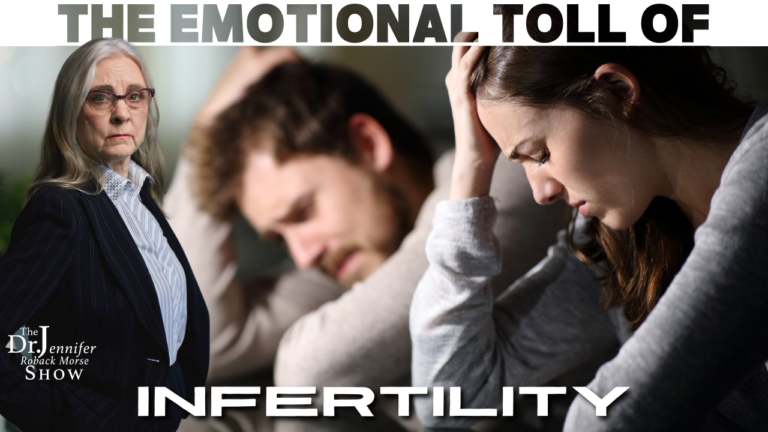Defenders of traditional marriage file briefs ahead of this month’s oral arguments
byMary Reichard
This article first appeared April 20, 2015 at WorldMag.com.
Among the 147 friend-of-the-court briefs filed in the Supreme Court’s upcoming case on same-sex marriage, one unusual, personal story stands out. Doug
Mainwaring is one of several same-sex attracted men who believe in traditional marriage.
“It’s between one man and one woman, and it’s the bedrock of our society and we should not mess around with it. To do so would be foolishness,” Mainwaring
told me.
On April 28, the court will consider two questions: Does the 14th Amendment require a state to issue a marriage license to same-sex couples who apply for
one? And does that same amendment require a state to recognize a marriage license lawfully granted to a same-sex couple by another state?
Mainwaring said he changed his mind about same-sex marriage after he divorced his wife and his son came home from spending the weekend with a friend.
“This was a really good, wonderful, loving Christian family. And my son didn’t say a word about this. But by looking in his eyes and reading his body language
I could tell how much he longed to have what his best friend had. … And it occurred to me, my God, I’m the one who has denied him the experience
of having a mom and a dad under the same roof who love each other and who care for him,” Mainwaring said.
Mainwaring and his wife put themselves back under that same roof and remarried for the sake of the kids.
“We feel like if the court is quick to establish a constitutional right for same-same marriage, they’re diminishing the lives and the choices that we’ve
chosen to make,” he said.
Of the 147 friend-of-the-court briefs filed in this case, about half support traditional marriage. One of those comes from Sharee Langenstein, a lawyer
for The Ruth Institute who argued courts have forgotten the purpose of marriage.
“Constitutional rights of children are every bit as important as the constitutional rights of adults. All we hear about these days is marriage equality
and the rights of adults. But no one has been paying attention to the constitutional rights of the children to know and have a relationship with their
biological parents,” Langenstein said.
Her argument is based on the work of researcher Jennifer Roback Morse, who studies the effect of family breakdown on children, from divorce to lack of
commitment to redefining marriage.
“The ideal situation for children is to be raised by their mother and their father who are married to one another,” Langenstein said. “And government should
do everything possible to encourage that situation for children.”
Another brief in support of mom-and-dad marriage debunks claims by researcher Alfred Kinsey about the sexual revolution, conclusions the court used in
prior decisions that undermined the family.
“Kinsey found that there was no evidence that rape caused harm to women,” said Mat Staver of Liberty Counsel. “That is absolutely astounding that he would
report things like that, and yet, Kinsey has been relied upon as a so-called expert. … The dismantling of marriage was Kinsey’s ultimate objective.”
Lynn Wardel co-authored a brief representing 54 international law experts from 27 countries.
“The movement to legalize same-sex marriage is very small,” Wardel said. “In fact, there is no international trend. Of 193 sovereign nations in the world,
only 17 have legalized same-sex marriage, and of those 17, only one nation did so by judicial decree. The courts have considered those claims and have
repeatedly said that there are very rational reasons for public policies that limit marriage to the union of a man and a woman. Not just historical
reasons or reasons of tradition but reasons of concern about the welfare of children.”
The American College of Pediatricians and related parties also filed a brief in the case. Their attorney, Dave Walker, argues science shows children fare
far worse when brought up in same-sex households. Walker points to what he calls erroneous research used by proponents of redefining marriage: “The
samples that they used were inadequate and the results are twisted in such a way to support the outcome and try to claim that there’s a consensus,
or even a unanimous consensus, that there is no difference in outcomes in children raised by same-sex couples. And we just don’t believe that’s the
case.”
Walker urged the court to withstand political pressure and permit the states the power they’ve always had to shape and form family policy.
“Ideally, the Supreme Court should look at that and say—under a strict constitutional analysis, without political pressure or public opinion on it—the
states have a basis for the way that they are defining marriage one way or the other,” he said.



